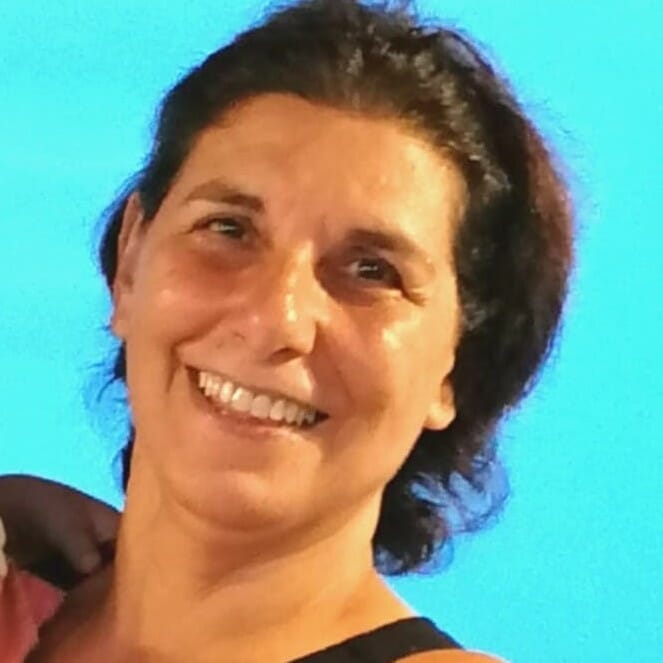
In this series, we’re sitting down with the Swette Center senior fellows to catch up on food systems, innovation, and what makes a good meal.
Read on for an interview with Nadia El-Hage Scialabba, Former FAO Senior Environment Officer.
How did you get interested in food systems issues?
I am an ecologist and I was hired by FAO for one month to help them on a project monitoring marine pollutants in West Africa. I was hired as an ecologist, even though ecology wasn’t even part of the organization at the time. This one month contract turned into a 33 year contract. I stayed with FAO working on environmental issues and training agricultural directors in developing countries on environmental impact assessments. Eventually there was a change of management and the new Director General of the Organization was only interested in feeding the world, and not interested in the environmental aspects, then considered a luxury. I decided to focus my attention on organic agriculture because it is an ecological way of producing food. At this time in the ’80’s, most countries viewed organic agriculture as a hippie way of farming. It was a challenge to get organic agriculture accepted and taken seriously. This is how I started working on agricultural topics and got interested in food systems issues. The first policy document triggering member countries to unanimously endorse the Organization’ cross-sectoral programme on organic agriculture was written together with Kathleen Merrigan who was working with me on an academic exchange agreement.
What has changed in food systems over your career?
At the beginning of my career, it was difficult to talk about issues from a whole systems perspective because people would get overwhelmed with all the different variables involved in sustainable development . Most people were specialists in one field, but I was never specialized. I worked horizontally and people thought that was very strange at the time. Nowadays, everyone seeks to adopt a holistic perspective, though still in a piecemeal fashion. There is much more interest in the connections between the different sectors of the food system such as environment, social, culture, economics and governance. This has been a complete change throughout my career.
What’s an innovation or development in the food systems world that you’re excited about?
When the UN held the first Earth Summit in 1992, the concept of sustainable development was adopted. We tried to agree upon sustainability indicators, but everyone had their own idea of what sustainability entails, making it hard to make any progress toward implementation. It’s always been challenging to go from the theory of sustainable food systems to actually practicing sustainable food systems due to the multitude of non-linear connections. Everyone agrees on the principle, but agreeing on the “way” is harder. True cost accounting will hopefully change this. True cost accounting offers a framework that translates costs and benefits into monetary impacts in different sectors. Once you monetize impacts, it’s easier for decision-makers to understand that they need to do something about the issue at hand. True cost accounting is emergent; it’s not fully adopted yet, but I have hope that it will inspire effective change.
If there was something a new graduate of a food systems program should know, what would it be?
They should understand that studying food systems not only encompasses agriculture and nutrition, but also a whole range of social, environmental and governance issues. Studying food systems is very multidisciplinary and complex. There is recognition now that food systems are connected with every component of our society. By studying food systems from a sustainable development perspective, you can choose any subject that you feel you are strong in, whether it’s nutrition, gastronomy, sociology, economics, environment, ethics, as well as emerging disciplines such as nutraceutical science and foodomics aimed at improving health and wellbeing. There are so many different career pathways you can choose within sustainable food systems, so you can just pursue what you are interested in. No matter what your passion is, you can find a way to relate it to our food system.
What is your favorite food and why?
I really love salad greens. I’ve realized that the reason why I like salad greens so much is because of the large amount of chlorophyll that contains folic acid, and I am anemic so my body craves greens. My favorite salad is the Lebanese ‘tabboulè’, made with lots of parsley, tomatoes, onions and crushed wheat grains, dressed with olive oil and lemon.